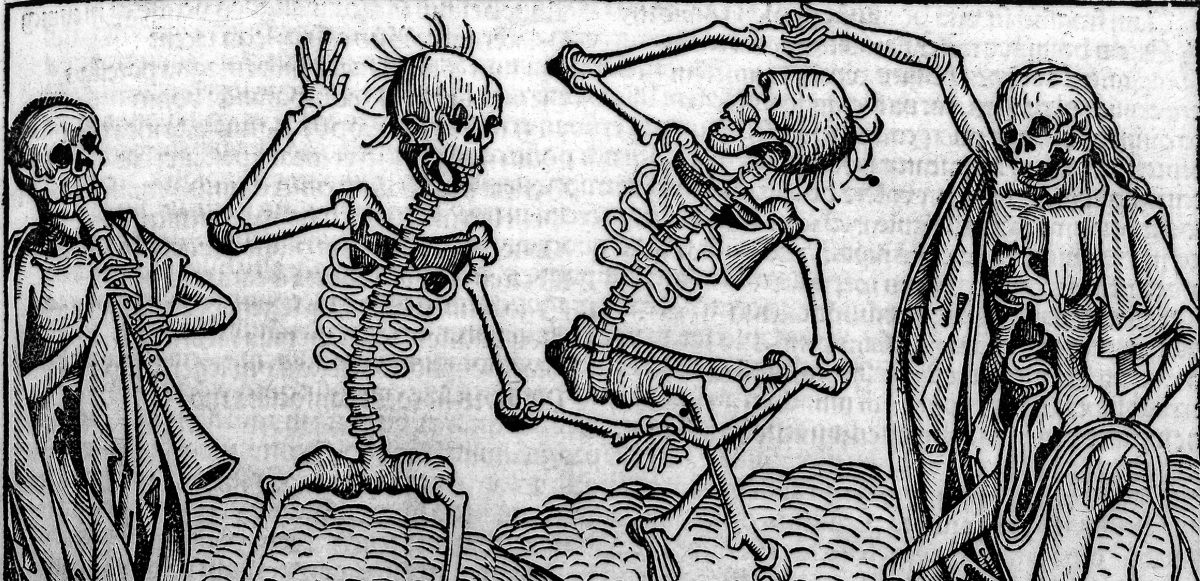This article exists behind a disclaimer: the magical book I’m about to write about is just weird. It’s weird, it’s disgusting, and there are a lot bodily fluids involved. Enter at your own risk. Continue reading “Liber Vaccae — The Book of WTF?!?”
Continue reading “Liber Vaccae — The Book of WTF?!?”
Month: September 2016
A Prideful and Naughty Coniurer: Tudor England’s Crackdown on Semi-Learned Male Magicians
 In the parliament of 1541/2, Henry VIII passed a witchcraft act entitled ‘An Act against Conjurations, Witchcraft, Sorcery and Enchantments.’
In the parliament of 1541/2, Henry VIII passed a witchcraft act entitled ‘An Act against Conjurations, Witchcraft, Sorcery and Enchantments.’
The act had a very different focus to what we might expect for an act punishing witchcraft: killing by magic is only mentioned in passing, and the idea of the witch as being in league with Satan was given a backhanded reference:
“Where dyvers and sundrie persones unlawfully have devised and practised invocacons and conjuracons of Sprites, p’tendyng by such meanes to understand and get Knowledge for their own lucre in what place treasure of golde and Silver shoulde or mought be founde or had in the earthe or other secret places, and also have used and occupied witchcrafts inchauntment and sorceries to the distruccon of their neigbours persones and goodes, And for execucon of their said falce devyses and practises have made or caused to be made dyvers Images and pictures of men women children Angells or devells beastes or fowles, and have also made Crownes Septures Swordes rynges glasses and other thinges, and giving faithe & credit to suche fantasticall practises have dyged up and pulled downe and infinite nombre of Crosses within this Realme, and teaken upon them to declare and tell where things lost or stolen shulde become; wiche things cannot be used and exercised but to the great offence of Godes lawe, hurt and damage of the Kinges Subjects, and losse of the sowles of such Offenders, to the greate dishonour of God, Infany and disquyetnes of the Realme…”
The target of this crackdown was, of course, a class of troublemaker more threatening to Henry than all the village wise women and argumentative spinsters combined: educated sorcerers, very often former monks or clerically trained university men, who had turned to magic as a way of earning a crust. Continue reading “A Prideful and Naughty Coniurer: Tudor England’s Crackdown on Semi-Learned Male Magicians”
